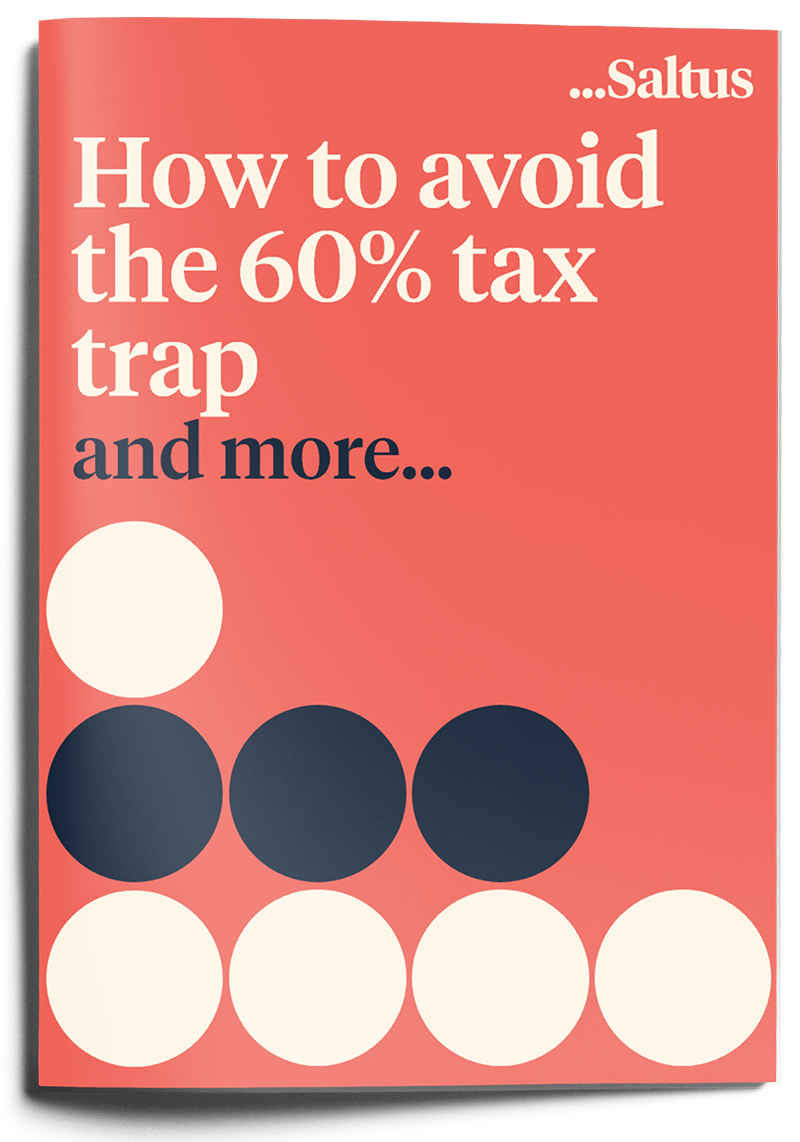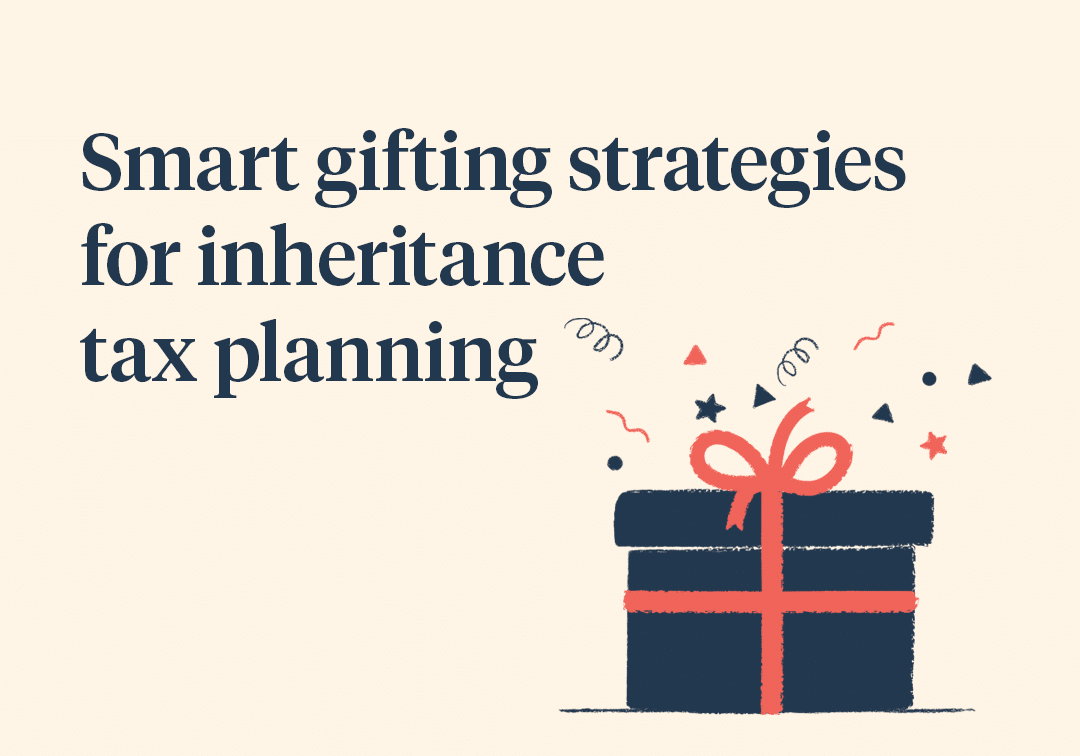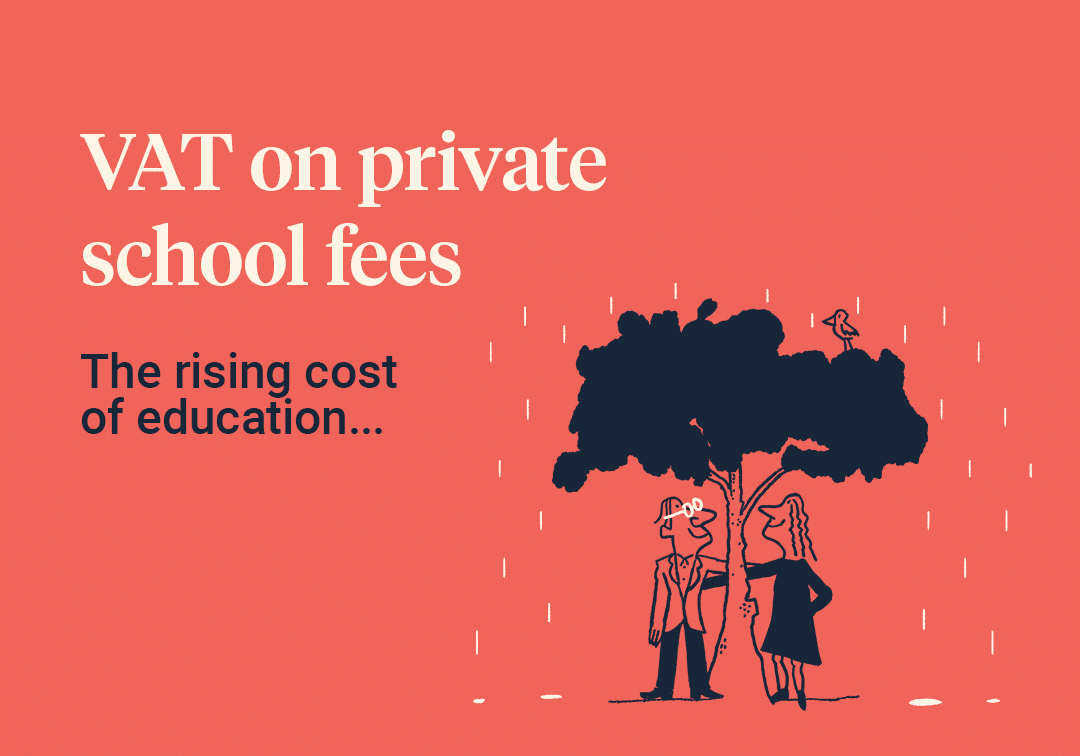So, you’ve just received a promotion or maybe you’ve been earning over 100k for a while. Either way, the jump into six figures can come with a hidden sting if not managed appropriately: an effective 60% tax rate. In this article, we’ll cover smart tax tips for income over 100k to help you keep more of what you earn.
What is the 60% tax trap?
It’s time to shine the spotlight on a wrinkle in the tax code that catches out a lot of unsuspecting people every year. We call it the 60% tax trap.
What do we mean? Well, for those whose earnings go beyond £100,000 in any tax year, some of their income will effectively be taxed at an eye-watering 60%. This should be a particular focus towards the end of the tax year, as individuals often receive bonuses taking them over the £100k threshold at year end. They can be in for a fairly uncomfortable read when they receive their payslip.
Understanding income tax rates
So how does the 60k tax trap catch people out? First of all, let’s take a look at the current income tax rates and thresholds for earnings (2025/26 tax year) if you live in England, Wales or Northern Ireland.[1]





